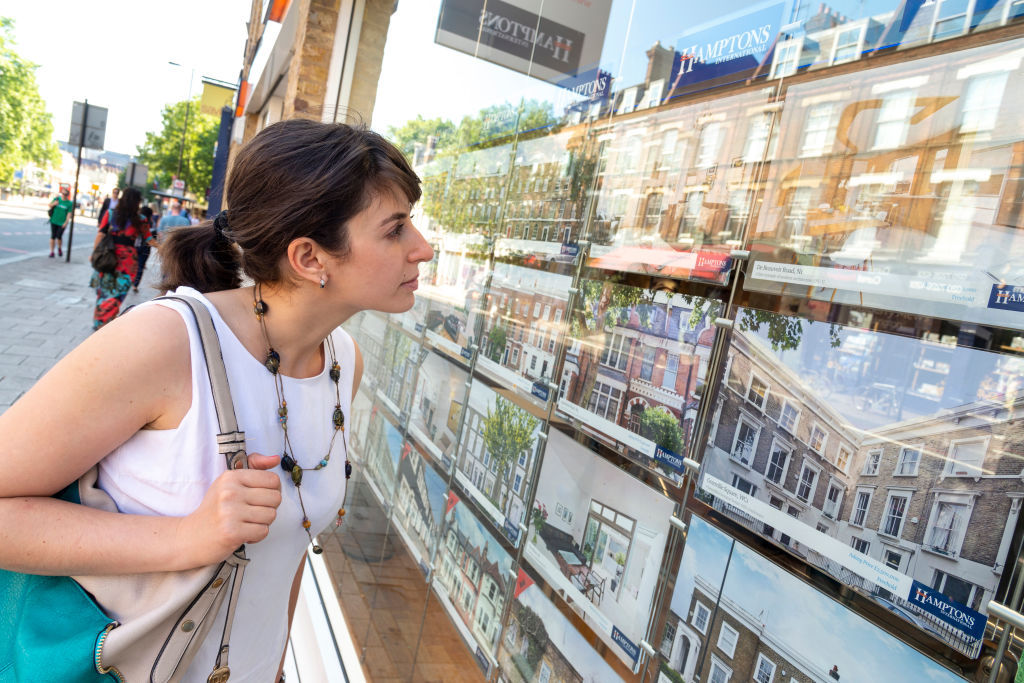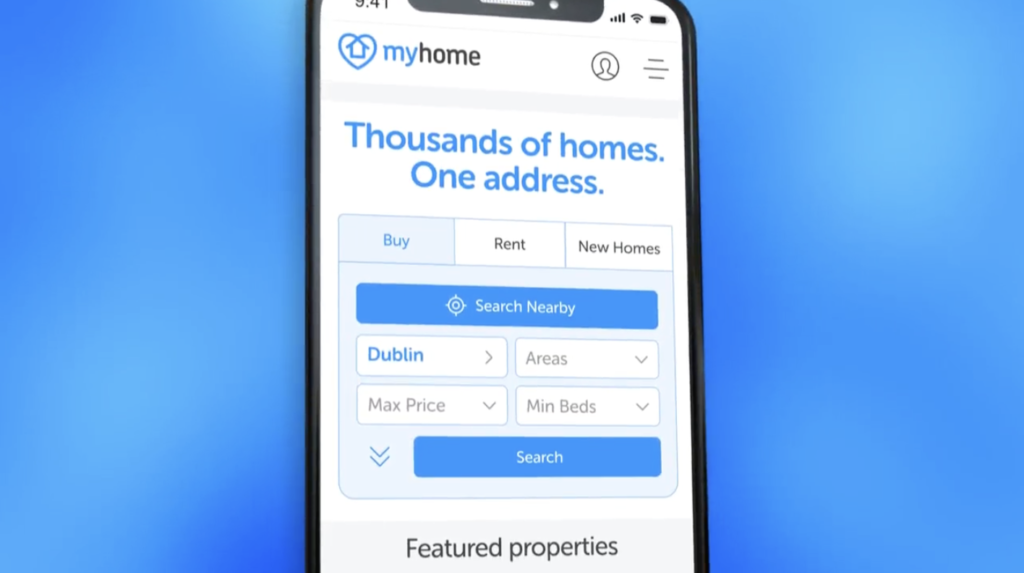
- What is Home Insurance?
- Where can I get Home Insurance?
- What does your Home Insurance Policy cover?
- What might Home Insurance typically exclude?
- What is an 'All Risk' policy?
- What if I need to adjust or change my Home insurance cover?
- Making a Claim
- What if I live in rented accommodation?
What is Home Insurance?
Insurance is the business of providing financial protection for property. Most standard home insurance policies will provide coverage for damage to your home (and many of the items in your home) caused by:
- Theft
- Fire and lightning
- Smoke
- Frozen pipes
- Ice and snow
Home insurance also covers injuries and property damage caused by you, your family (or pets) to other people. This liability coverage for will pay for medical payments, legal costs, and will also usually cover any living expenses you incur, if you're unable to live in your house because of a fire, flood damage or other covered incident.
Where can I get Home Insurance?
Your mortgage provider may offer you insurance but you do not have to take it. You can shop around and visit other insurance dealers, banks and brokers, much as you would if you were insuring your car.
What does your Home Insurance Policy cover?
There are two main types of home insurance policy; buildings insurance and contents insurance.
Buildings Insurance
Buildings insurance will cover the structure of the home together with its fixtures and fittings. The 'sum insured' is the maximum amount the insurance company will pay you - It must be the full re-building cost of your property.
It is fully the responsibility of the property owner to get the sum insured correct. If you significantly under-insure your property it may mean that your claim could be reduced or possibly rejected altogether.
Contents Insurance
Contents insurance covers any of your home contents which you can move, e.g. household goods, furniture and personal belongings against risks, which will be set out clearly in your policy booklet; however, personal possessions that will be carried outside e.g. your engagement ring or video camera need their own insurance and you need to cover these separately. Your contents policy can be extended to cover these items.
There are a number of contents policies available. The lowest level of coverage is with an 'indemnity' policy. This will account for the amount of wear and tear, when paying your claim. If, for example, your eight-year-old carpets get water damaged, it will take into consideration the age of the carpet when determining a replacement value. A higher level of coverage is given through a 'new for old' policy, which will pay out the full cost for brand new carpets to replace the old, damaged ones.
Other policies are available such as a policy that has a premium calculated on the number of bedrooms in the property. There is no need to work out the total value of your possessions.
Contents policies also have other sections such as legal expenses, liability insurance and freezer contents. You may be required to pay an extra premium to avail of this level of coverage.
Note: You do not have to take out both buildings and contents insurance from the same provider and it is worthwhile to shop around.
What might Home Insurance typically exclude?
Some items commonly excluded from Home insurance include:
- Fences
- Sheds and garden tools
- Money, credit cards etc.
- Items over a certain value (often around EUR1,900 and known as single-item limit)
- Personal belongings of individuals, such as tenants, not specifically covered in the policy.
- If you are any in any doubt as to whether you're sufficiently covered, call your insurance company and check it out.
What is an 'All Risk' policy?
An 'All Risk' policy covers you for any loss or damage unless specified by the policy as an excluded item/event.
When purchasing the policy you can decide how many or few of your possessions will be covered. It will have extensive geographical coverage for your possessions so if you take, for example, a camera on holiday, it will be covered by the policy unless specifically stated as excluded.
An 'All Risk' policy will usually cover old for new and accidental damage as well. 'All Risk' policies are generally more expensive than those with lots of exclusions.
What if my risk changes and I need to adjust or change the level of my insurance coverage?
You quite simply inform your insurance company of a 'material change' in your or your home's circumstances and they will amend your policy accordingly. This process is known as a 'mid-term adjustment'.
It is important to make your insurer aware of any change in your circumstances because if you don't you may find that in the event of needing to make a claim, you are not covered. E.g. If you have made improvements (from upgrading your kitchen to adding an extension) you will need to increase you cover. Equally, you may enjoy discounted premiums if you decrease the risk of losing your contents by increasing security at your property.
If you have not insured your property for the correct rebuilding cost, you may not receive the full amount of any claim. Keep in mind it is not the market value of your property that is relevant, but the cost of rebuilding it that you need to know, to ensure you have adequate cover
Making a Claim
- If you need to make a claim, check first that your policy covers your claim.
- If your property has been stolen or deliberately damaged, or you have lost a valuable item, tell the Gardai immediately.
- Keep the damaged items if possible as your insurer may need to inspect them.
- Get estimates as soon as possible for repairing the damage.
- Carry out any temporary repairs immediately if they are necessary to prevent more damage.
What if I live in rented accommodation?
You should check with the property owner if your personal items are covered by their home contents policy. If your personal items are not covered by the property owner's policy you should arrange your own personal insurance through an insurance company or broker.




